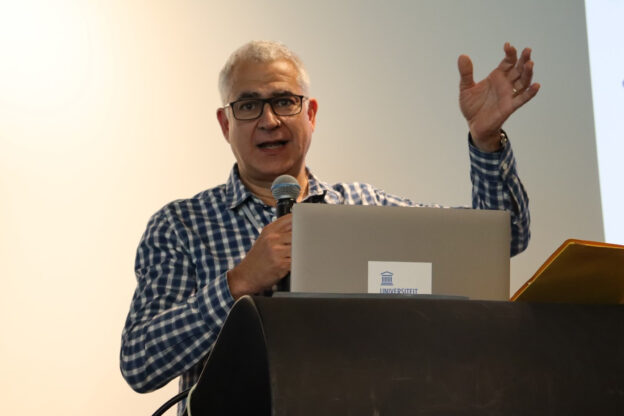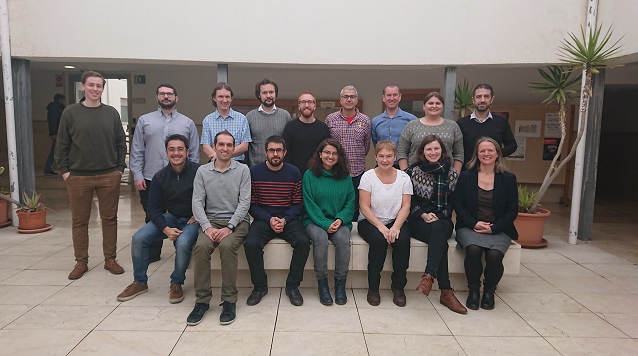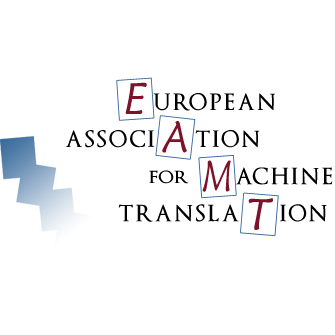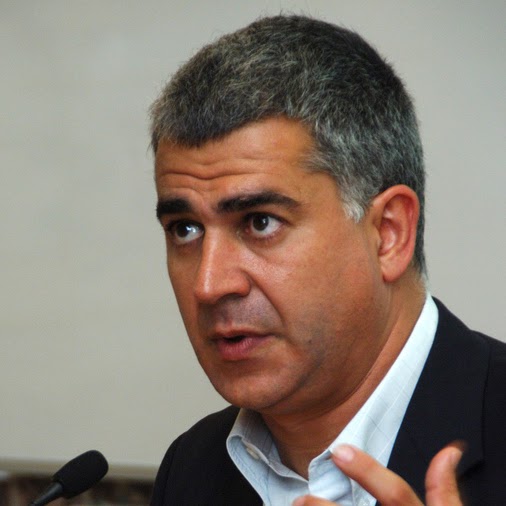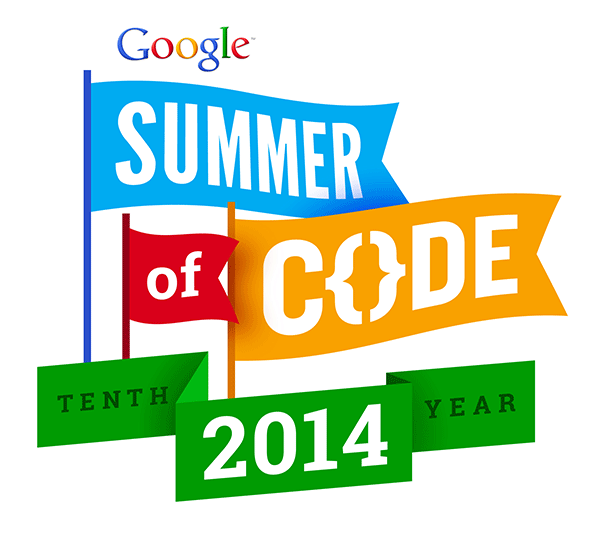The Transducens research group at theUniversitat d’Alacant has been granted a project from the “Proyectos de Generación de Conocimiento” (https://lnkd.in/e47ADqNY), funded by the Agencia Estatal de Investigación (Spanish Research Agency) and the European Social Fund.
This is a project that brings together the expertise of the Universitat d’Alacant, the Barcelona Supercomputing Center and the Universitat Oberta de Catalunya. The Universitat d’Alacant is the coordinating institution, with Víctor Manuel Sánchez Cartagena and myself serving as principal investigators.
The project is set to kick off in September 2025 and will focus on leveraging Large Language Models (LLMs) for low-resource and extremely low-resource language translation. In particular, we will (1) create high-quality datasets for target low-resource languages, including textual and image data, and refining existing parallel corpora using LLM-based cleaning techniques, (2) push the boundaries of linguistic integration into LLMs by leveraging resources like grammar books and dictionaries, and developing innovative chain-of-thought prompting techniques, and (3) explore pixel-based translation by adapting multimodal LLMs for low-resource scenarios, addressing visually ambiguous translations.
Beyond advancing machine translation, this project has profound implications for cultural preservation, facilitating the integration of migrants in vulnerable situations, and empowering underrepresented communities. We will demonstrate our methods by releasing LLMs tailored to low-resource languages of the Iberian Peninsula, extremely low-resource Mayan languages, and languages of migrants in vulnerable circumstances.
Join Our Team!
In addition to the project funding, we have also been granted a PhD contract! We will be looking to hire a talented individual once the project officially starts in September 2025. If you’re passionate about the future of language technology and want to contribute to a project with significant societal impact, stay tuned for more details on how to apply!
